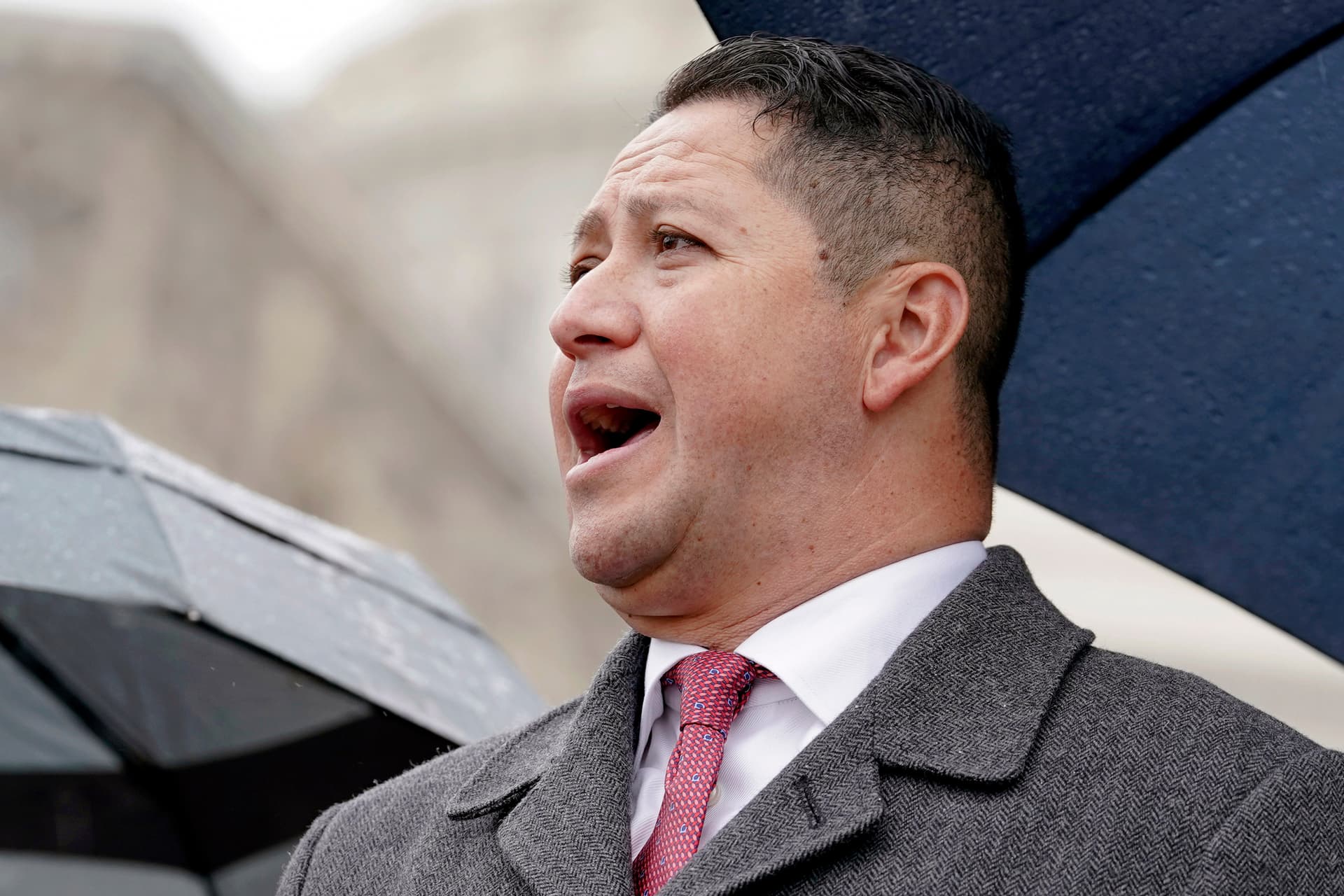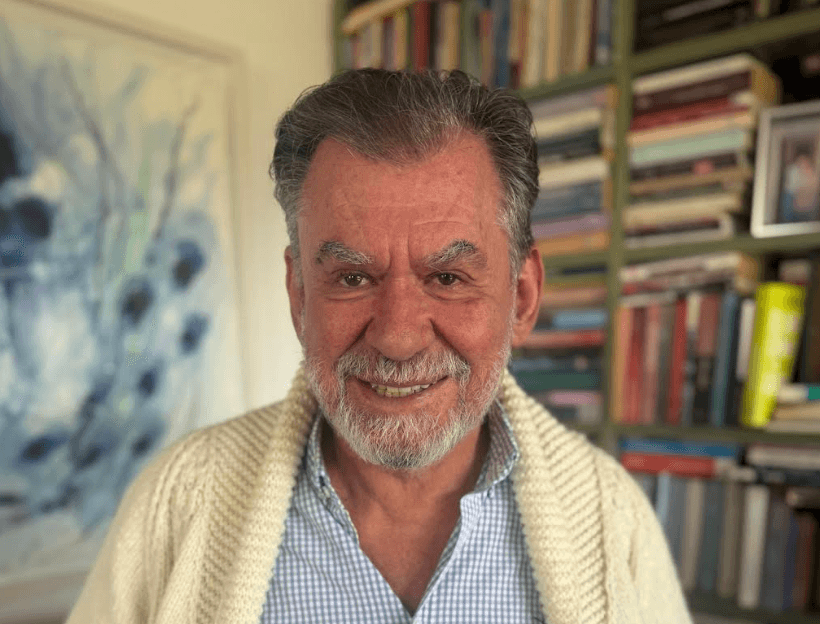
Netanyahu Envisions New Mideast Alliances
By BENNY AVNI
|The FCC commissioner, Brendan Carr, says he wants to ‘dismantle’ the ‘censorship cartel.’

Already have a subscription? Sign in to continue reading
$0.01/day for 60 days
Cancel anytime
By continuing you agree to our Privacy Policy and Terms of Service.

By BENNY AVNI
|
By MATTHEW RICE
|
By HOLLIE McKAY
|
By GEORGE WILLIS
|
By MATTHEW RICE
|
By CONRAD BLACK
|
By BRADLEY CORTRIGHT
|
By NOVI ZHUKOVSKY
|